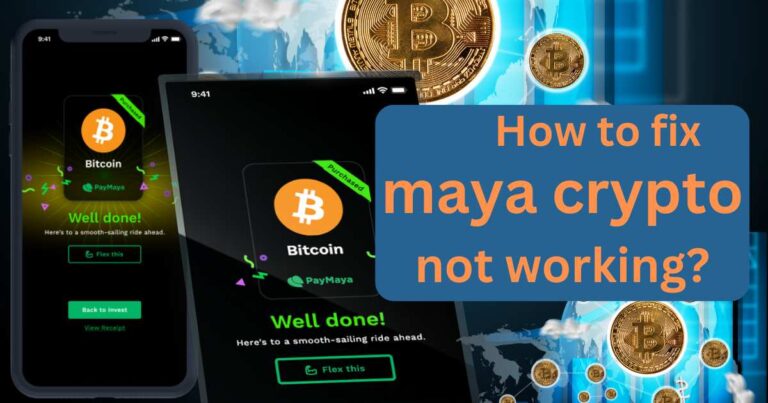The Ethics of Game Information Sharing: Balancing Transparency and Respect
As digital landscapes continue to evolve, so does the gaming industry — bringing with it both opportunities and ethical dilemmas. With the rise of numerous platforms where enthusiasts can share detailed game experiences, come challenges around how to maintain the tricky balance between transparency and respect for game developers and the gaming community’s thirst for shared information. The ethics of game information sharing – balancing transparency and respect have become an engaging point of discussion among gaming industry stakeholders.
The Struggle for Transparency
In an information-driven society, game enthusiasts crave for every possible aid they can acquire to improve their gameplay. Data is king in video gaming, from walkthroughs and strategy guides to full-on game spoilers. While this information sharing can foster communities and improve players’ enjoyment, it also raises ethical concerns around transparency.
The pressure for developers to offer an open window into the inner workings of their games, including mechanics, data, and insights, often leads to issues of data privacy and leaks. A recent Veracode report reported that in 2020, there were over 700 instances of game data leaks, nearly double the previous year’s numbers.
Respecting Intellectual Property
There is a tug-of-war between the desire for transparency and the need to respect the intellectual property rights of the developers. They pour countless hours into designing and executing complex game plots, character designs, and intricate gameplay mechanisms. It is only fair that they can control how and when information related to their game is disseminated to the public.
The International Game Developers Association (IGDA) on the other hand, highlights the grey area in game information sharing. They believe that while it may negatively impact the game’s sales initially, in the long run, it fosters a community around the game, leading to its promotion and increased sales. Hence, a balance must be struck that values both information sharing and intellectual property rights.
The Balancing Act
The ethical solution lies in striking a balance between transparency and respect. Game developers need to openly communicate with their player base, sharing insights and updates, while also setting firm boundaries around the extent of this transparency to protect proprietary information.
Communities and information-sharing platforms can help by implementing guidelines for respectful and mindful sharing. These guidelines can include an advance warning for spoilers or restrict sharing of certain privileged information only available to early access members or beta testers.
A Collaborative Approach
The potential solution, therefore, involves a mutual agreement between game creators and player communities. Developers can engage with their players, creating channels for communication and listening to their needs. By explaining the reasons behind withholding certain information and illustrating the extensive work that goes into game development, they can foster respect and empathy among players.
On the flip side, players should strive to appreciate the developer’s perspective, understanding the importance of protecting the original content generated by the creators. By creating a respectful dialogue between developers and players, the gaming community can ensure the excitement and novelty of new game releases while maintaining the allure of shared experiences.
As the rise of game information sharing continues to shape the gaming industry, it’s clear that a thoughtful approach to the ethics of game information sharing – balancing transparency and respect will be paramount in forging a sustainable path forward.

